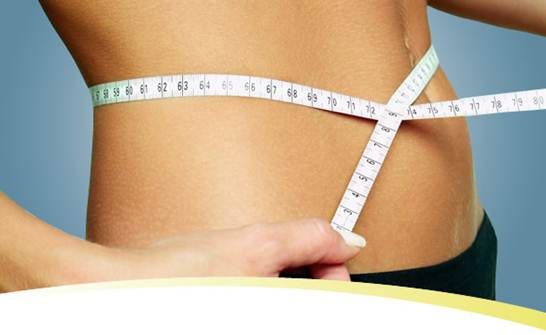
Even if you haven’t gained a pound
since high school, you may still be at risk of developing metabolic syndrome
due to the changes that creep up on our bodies as we age.
“Some of us lose muscle mass because
we’re sedentary,“ explains Dr. Jean-Pierre Després, Scientific director of the
International Chair on Cardiometabolic Risk at Laval University in Quebec City.
Since muscle is heavier, per square inch, that fat, this may result in a net
weight loss, but because muscle uses up sugar and triglycerides, and sensitizes
the body to insulin, it actually raises the risk of metabolic syndrome.
The fat in our bodies also has a
tendency to relocate as we get older, drifting to the belt-line, and the
likelihood of metabolic syndrome in creases in step with abdominal fat mass.
For instance, when Després and his colleagues followed a group of women through
menopause, “over seven years, their weight didn’t change, but (on average)
their waistlines increased by four centimetres, and their abdominal fat
increased by 30 per cent,” he explains.
On the other hand, the reverse is also
true: you can slash your risk even without losing weight. In another of
Després’s studies, which examined the effects of a modified eating and exercise
program in high risk men, “their body shape changed tremendously; they gained
muscle mass and loss visceral fat, even if they didn’t lose weight,” he says.
Risk Factors
Risk factors for metabolic syndrome
include:
Established
risk factors
Abdominal obesity. Excess weight around the midsection is
one of the most powerful predictors of metabolic syndrome.
Age. Metabolic syndrome is twice as prevalent in people aged
70 to 79 as in the adult population overall.
Race and ethnicity. People of South Asian and Hispanic
descent are at a higher risk of developing the condition than Caucasians.
Family/personal history. A family issues like high blood
pressure, known cardiovascular disease, and polycystic ovarian syndrome, also
raise the risk.
Possible
risk factors
Research suggests the following may be
linked with increased odds of developing metabolic syndrome. (That doesn’t
necessarily imply cause and effect, though; these factors may simply be linked
with other habits or traits that raise the risk).
Smoking. Growing evidence points to smoking
(which appears to increase insulin resistance) as an independent risk factor
for metabolic syndrome and Type II diabetes.
Shift work. In a recent study of hospital
workers, shift-work was associated with an increased risk-the more the years on
shift, the greater the odds.
Low vitamin D levels. Some studies have linked subpar
levels of the sunshine vitamin with as much as a 70 per cent increase in risk.
Too much or too little sleep. Some studies suggest sleeping fewer
than six hours a night, or more than eight, is associated with as much as a 45
per cent increase in risk.
Daily diet soda habit. In one study, people who drank one
can of diet soda per day were 35 per cent more likely to develop